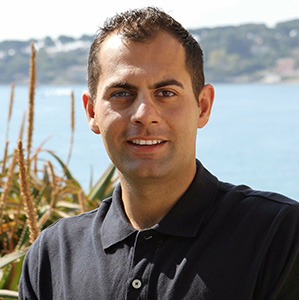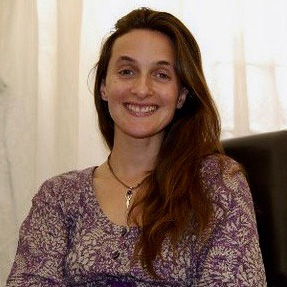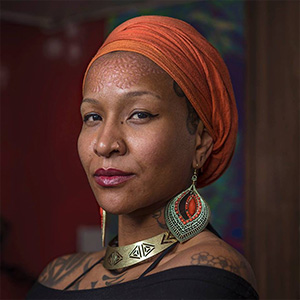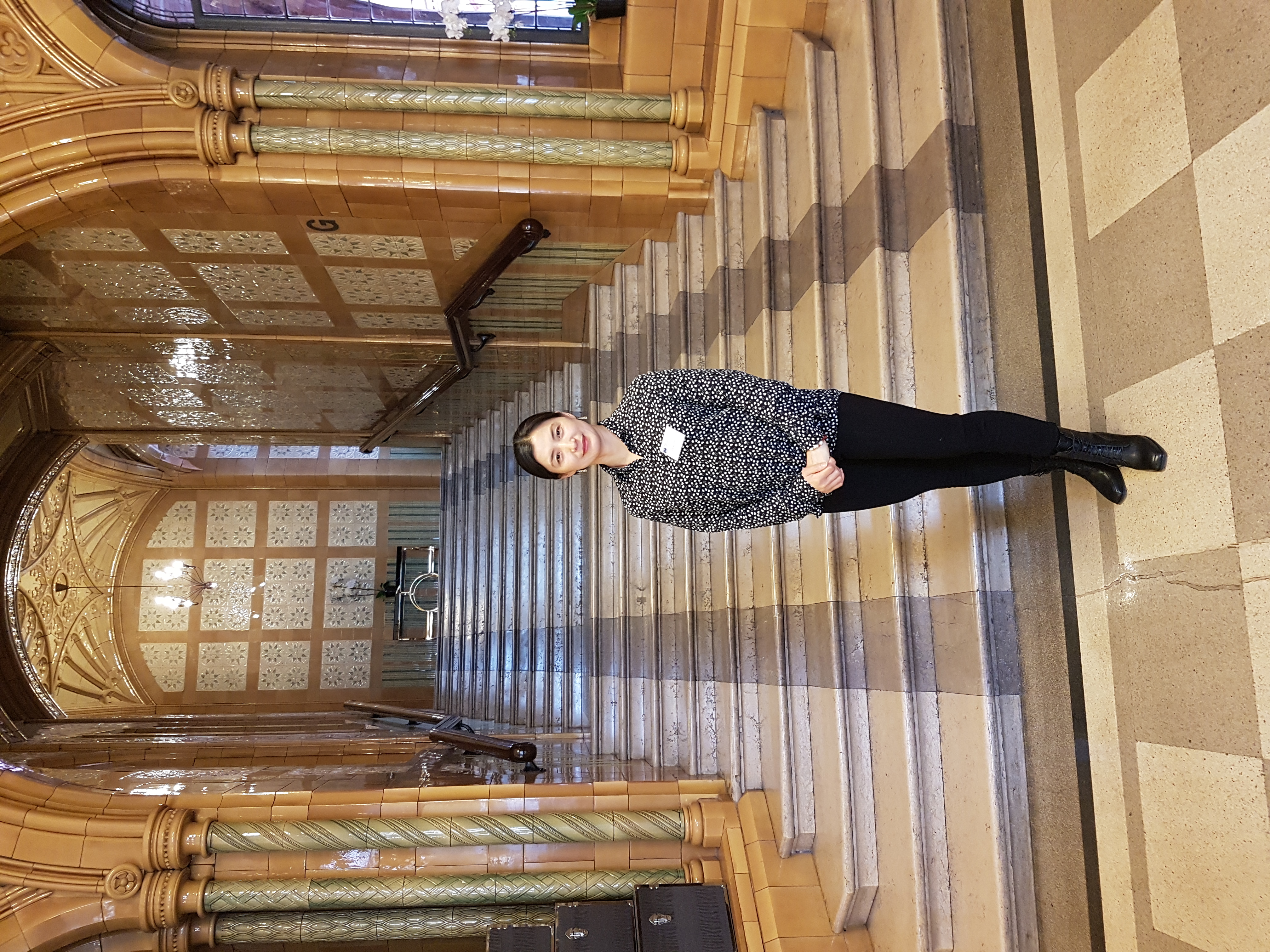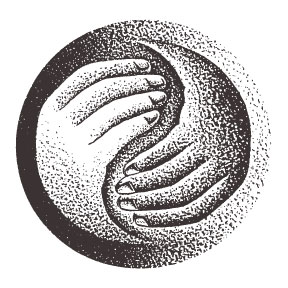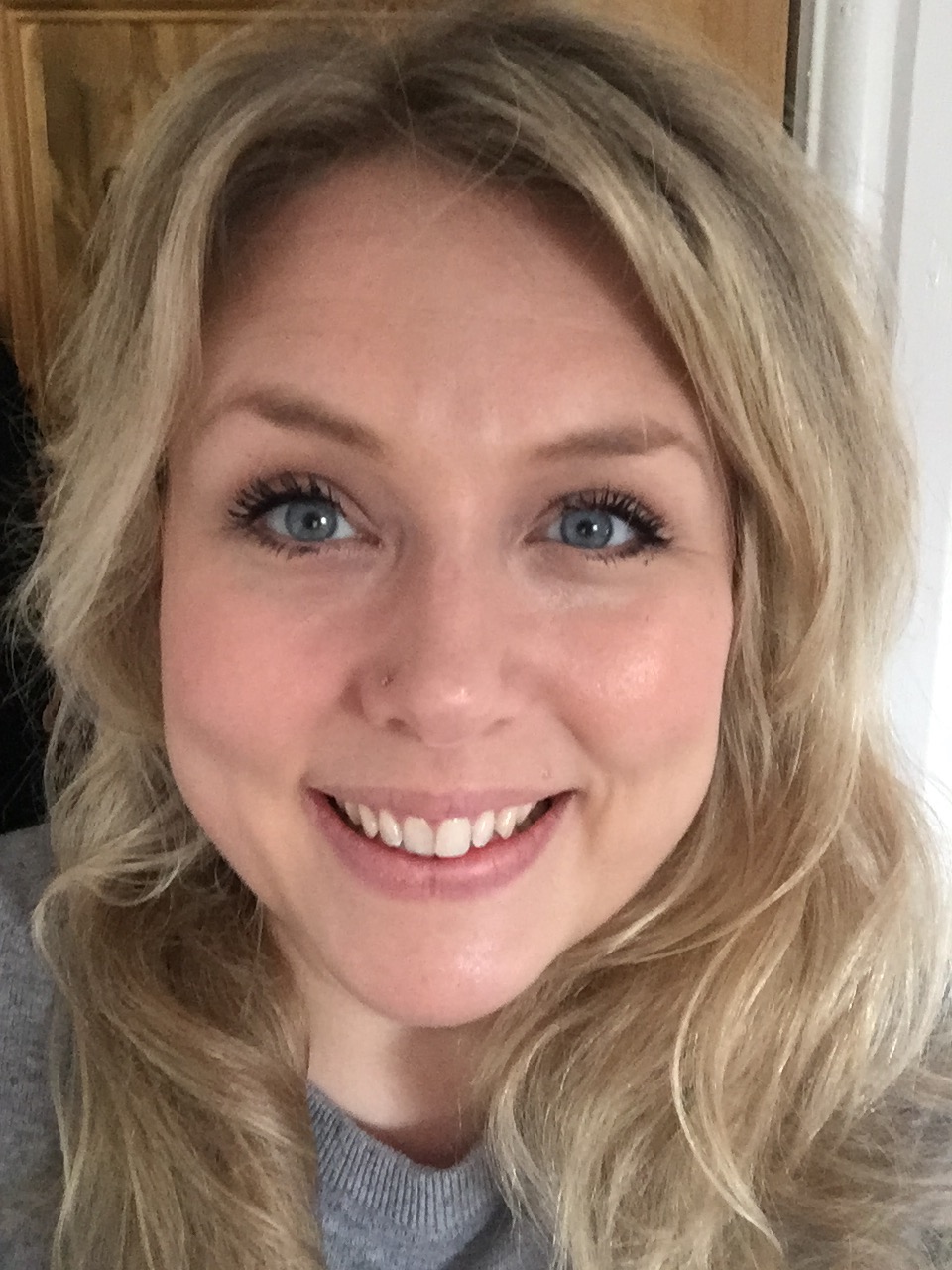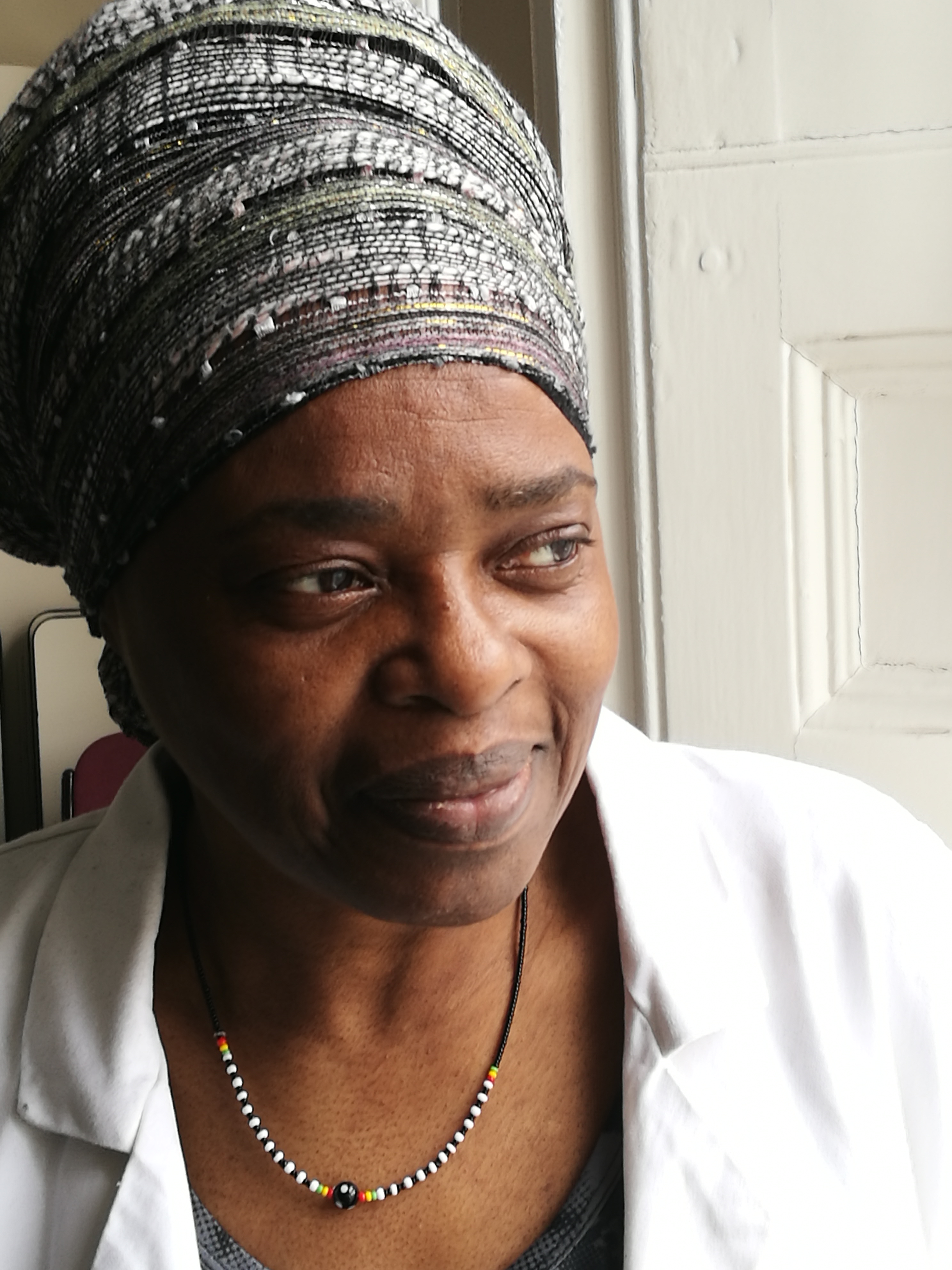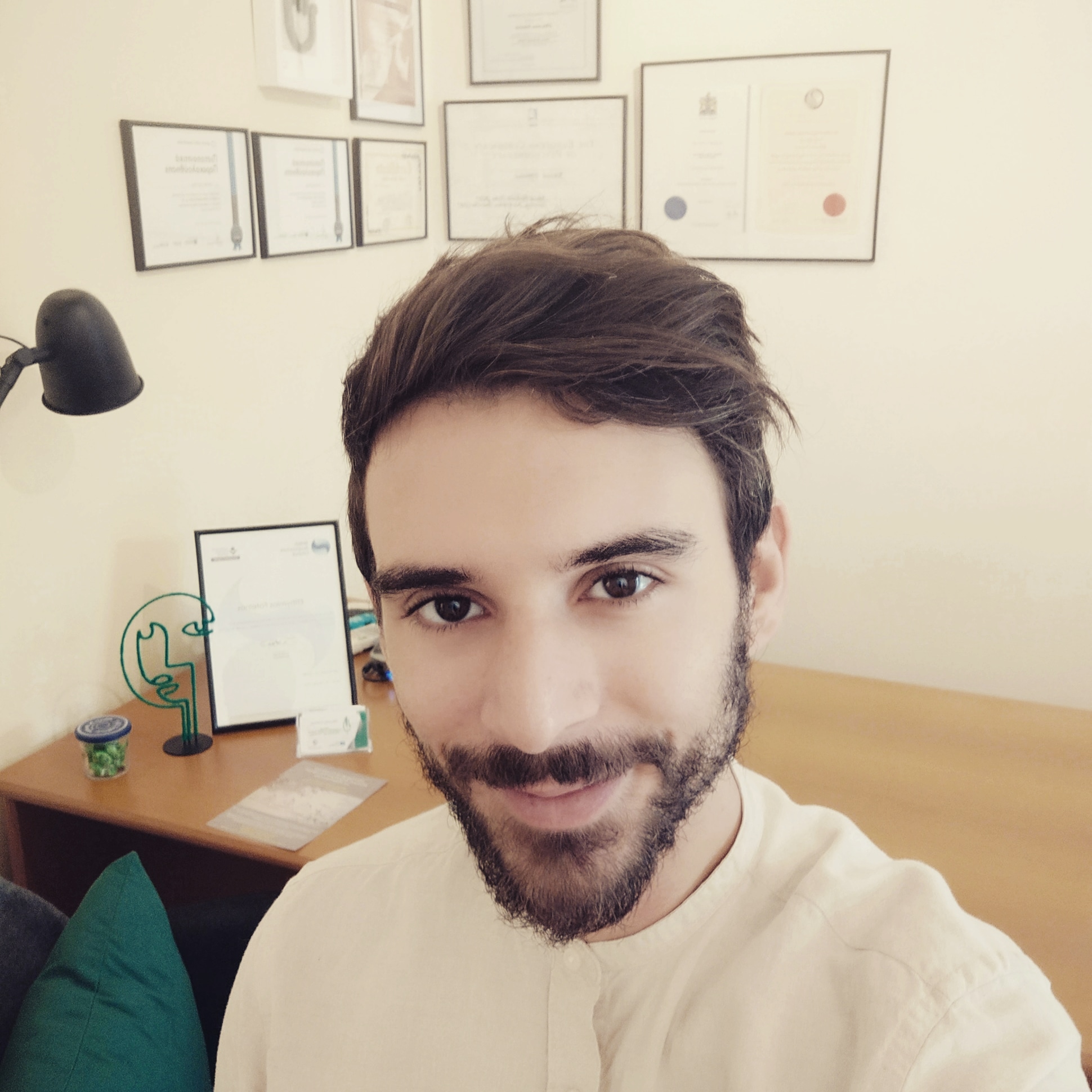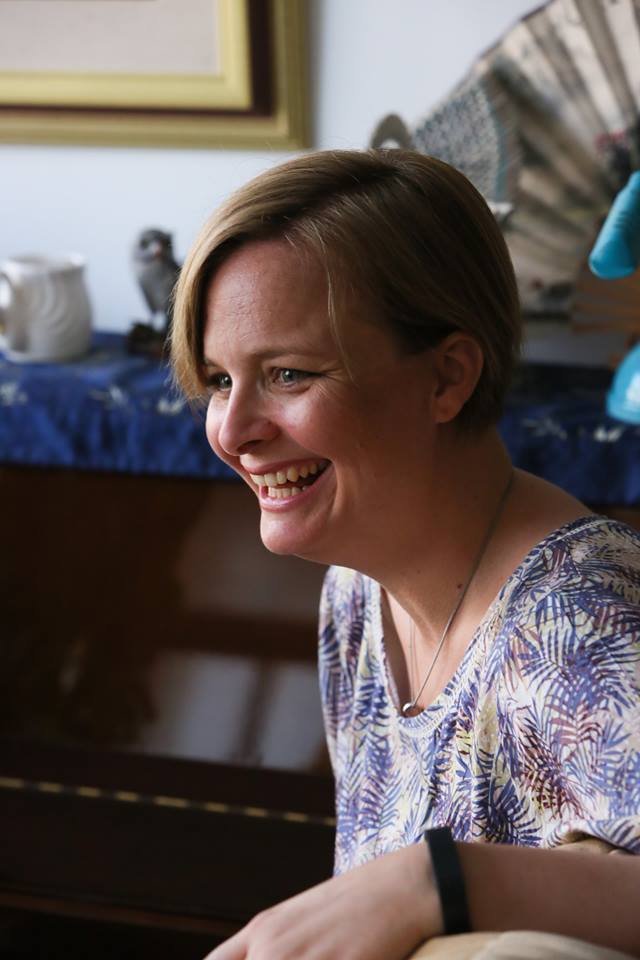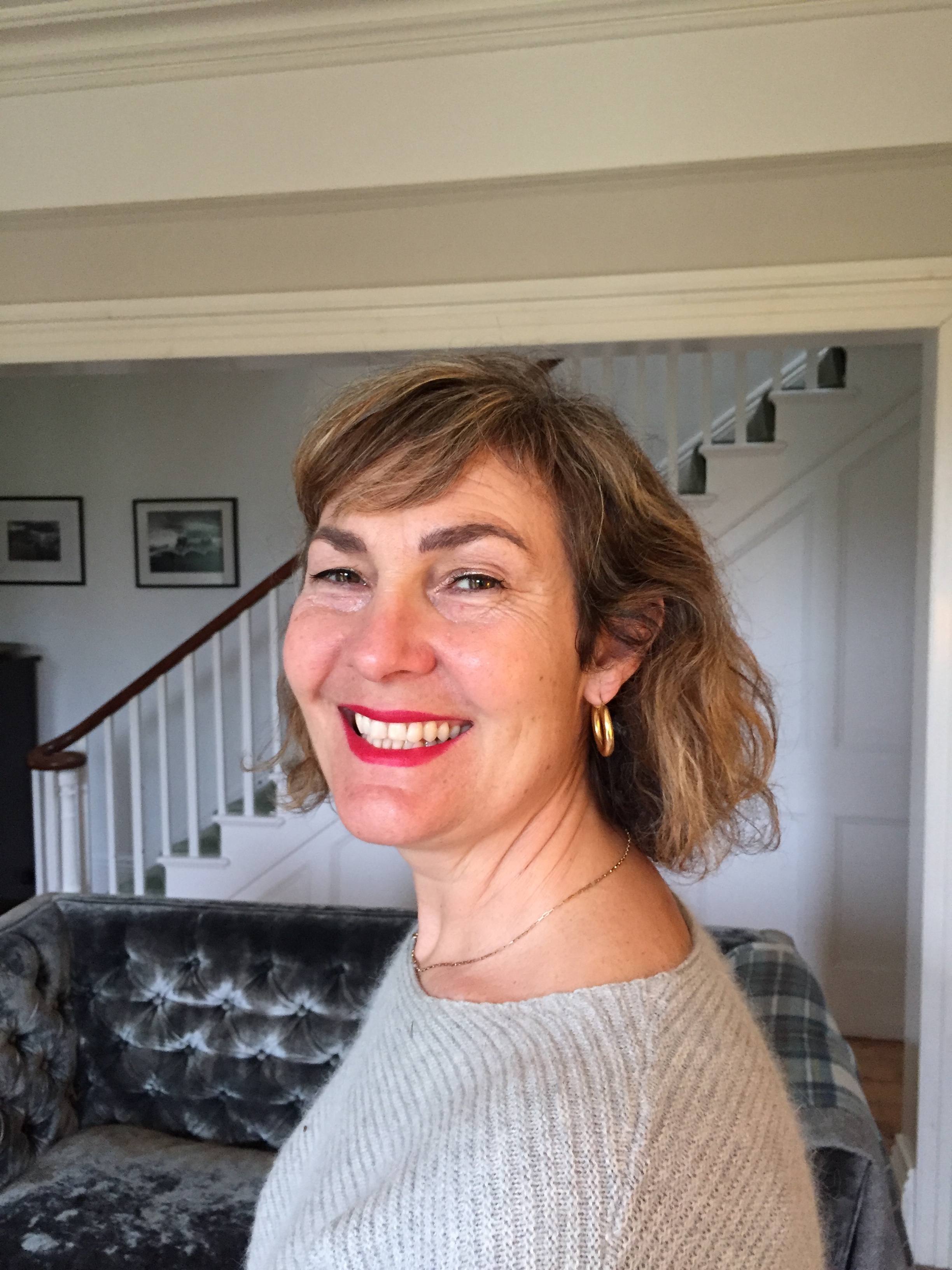In this, our first ling Shea article,
Sandra Hill traces the concepts
and meanings of the most
intangible of the three treasures
The Origin of Shen
Sandra Hill
Jing Shen, Issue 1, July 2007
We have problems in the West translating some of the most fundamental terms in Chinese medicine. Amongst those which cause the greatest difficulty are the so-called ‘three treasures’ – jing, qi and shen – and we tend to use their original Chinese (pin yin) form as we have no easy English equivalents. It is not surprising that these three key terms have caused so much difficulty to philosophical as well as medical translators, as each in its own way illustrates the core differences between Eastern and Western concepts of life – addressing as they do the interaction, interdependence and the inseparable natures of matter and energy, body and mind.
Jing and qi remind us that matter and energy are one continuum. Condense qi and you have jing and form, refine jing and you have qi. We generally accept that qi is somewhat energetic in nature, but is jing anything other than a concentration of qi? And do we consider jing to be form or energy? Maybe it’s like the wave/particle conundrum of quantum physics, it depends who’s looking and why. I like the idea of jing as patterning – that which allows the qi to condense into one thing rather than another. Tiger jing makes tigers. People jing makes people. My jing makes me me, and allows me to remain me however much I may change and transform. But what about the shen? And is there anything tangible to be found in this most intangible of subjects? For as complex as we may find the meanings of jing and qi, with shen we are dealing not only with alien concepts but also with ideas that have changed according to context throughout the three millennia of Chinese written records. We have to move through the realms of the unspeakable, the unknowable, and on to modern day China where no such realms are allowed to exist.
精 神
JING SHEN
The character is an early one – found on bronze inscriptions that date back as far as the Shang dynasty – back into the times of shamanism. It is a character made of two parts, the left signifies the manifestation of power from above and has been used since early times with the meaning of an altar. The right part represents an extension above and below (see Chinese Characters, Wieger). In its early use the character conveys the sense of beneficial influence coming from above, and, as in all shamanic societies, these influences were sought and given pre-eminence. This kind of supplication is common to all peoples who live close to nature and depend on a balance of rain and sun for survival. The influences may be from nature or from the ancestors, and possibly from nature by way of the ancestors; the ancestors being best placed to intervene on behalf of the living. In early textual occurrences, the term shen is often paired with gui, and while the shen are related to heaven (tian) the gui are related to earth (di). Theshen tend to bring good fortune, the gui bad. In some contexts the gui may be seen as the kind of unhappy ghosts which hang around the living in order to feed their desires. Alignment with the shen is to be free of desires and therefore free of the influences of the gui.
‘The essences (jing) in all beings are what make them alive. Below, they produce the five grains. Above, they make the five stars and arrange them in order. Flowing into the space between heaven and earth, they are called the spirits of earth and of heaven (gui shen). Stored in the middle of the chest, they are called the sage (sheng ren).’ Guan zi, Nei ye
While it’s common to see the shen as related to heaven, it is important to think of what the Chinese mean by this character tian, which can be translated as heaven, sky, but also as nature, that which is natural, the natural order of things. This brings us to another of those strange East/West dichotomies. Here heaven and nature are one, while Western thinking has often set them poles apart. In classical Chinese thought heaven relates to time, space, movement and change, often illustrated by the cycles of the seasons. Heaven is literally the movement of the sun through the sky making day and night, the movement of the constellations through their heavenly mansions making the seasons. It’s not where God lives or even where we are planning to go – though some of us might aim for a star.
So maybe the shen are the emissaries of the natural order. And if the jing allows me to be myself in my patterning, maybe the shen enable me to be closer to my true nature (xing). Our ancient ancestors – for wherever we come from shamanism seems to be our ancestry – made offerings to the spirits. They appointed priests and shaman to intercede on their behalf, to bring good fortune, good weather, good health. Sacrifices and offerings were made upon altars to bring down the beneficial influences of heaven. But the new religions taught us to do it ourselves. And as the early teachings of Christianity showed that there was no need for priestly intercession, so the early Daoists provided a do-it-yourself guide to attracting the shen – and it was done by ‘sitting quietly and doing nothing’; following the Dao or the natural order of things with the attitude of non-interference with the way things are (wu wei). The shen, it seems, like peace and quiet. They like a calm heart/mind (xin). They like a good quality of blood and jing or vital essences to anchor them in the body and prevent them from floating back up to heaven. In order to be penetrated by the shen, the essences must be refined and pure, and the aim of any kind of ‘inner cultivation’ is to allow the penetration by the shen – to become more ‘spirit-like’. Similarly acupuncture and herbal treatments act on the jing qi to create an environment in which the spirits are able to dwell. To re-establish the natural order.‘The body shelters life, qi is abundant, the spirits direct it. If one loses its position, all three will suffer.’ Huainanzi, chapter 1
It is interesting in looking at a modern Chinese dictionary that most of the medical terms that include the character shen are related to nervous system disorders, implying the very lack of calm and stability needed by the shen. Various acupuncture points allow the shen to be ‘settled’, ‘calmed’, ‘housed’. Both hun and shen, being yang in nature, require the rich blood of the liver and heart to keep them housed. The po on the other hand require the light and airy environment of the lung to stop their yin descent back to the earth.
But the shen are also that which is beyond this yin yang dualism:
‘That which yin yang cannot fathom, that is the shen.’ Xi zi (commentary to the Yi Jing)
The shen always remain part of the one. They guide the hun back to the origin. The hun, being more attached to the body, can easily get lost, but the shen are never separated from the origin, they are the origin in us, and if they are not kept within the body can only go back to the pure light of consciousness. We read in both philosophical and medical texts of the shenming – the clarity of consciousness: all that is in us which illuminates, makes aware, enlightens. This is the activity of the radiance of the spirits.
‘Man received life by his blood and qi (xue qi), his essences and spirits (vital spirit, jing shen) to accomplish his destiny by his proper nature…The five zang are to store essences and spirits (jing shen) blood and qi (xue qi) hun and po. The six fu are to transform (hua) the liquids and grains and circulate the bodily liquids (jin ye).’ Neijing Lingshu, chapter 47
So how are the shen dealt with in modern Chinese texts? Is the translation as ‘mind’ simply a quirk of modern Westerners? Of course, as with all the basic concepts of Chinese philosophy – these ideas would not need to be taught on a medical course in China. As with the theory of yin yang, the movements of the five elements, the shen are part of the abc of Chinese philosophy, and each Chinese would bring their own perceptions – though they may not always speak about it. It’s refreshing to hear from Dr Zhang Shijie of the Gulou hospital in Beijing:
‘Shen is wu ji (without limit), without definition, heaven and earth are not yet separated.’
In Japan, where there has been no communist revolution to squash the spiritual aspects of life – shen (shin or kami in Japanese) are alive and well. Though in a country where each mountain, river, house, doorway still has its god, one wonders about the mind split which allows such pace of modern development and pollution.
Shinto (Shen Dao) – still the native religion of Japan – has its roots in shamanism, animism, and Shinto priests are busy placating the various ‘spirits of place’ to ward off bad fortune. Maybe it is only by refusing to admit their existence that the Chinese can bear to continue with their mass development and desecration of nature. In the West we got rid of the spirits long ago, and set out on our desecration of the earth. What a shame that the East is going the same way.

